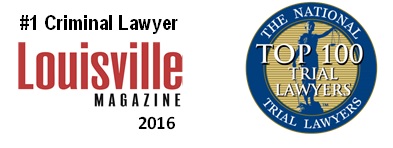The US Supreme Court held in the Jackson-Denno cases that a suspect’s confession cannot be used as evidence in a criminal trial until the trial judge makes a determination at a hearing outside the presence of the jury that the Defendant’s confession or admission was voluntarily made. Miranda Warnings are in addition to the Jackson-Denno voluntary requirements. The Court must rule on the government’s compliance with Miranda Warnings and then rule on the Jackson-Denno voluntariness requirement. The Escobedo Rule- the US Supreme Court ruled that when a police investigation moves from being a general inquiry into an unsolved crime and then focuses on a particular suspect and the suspect is in custody, and the suspect requests counsel and is denied counsel, there is been a violation of the Defendant’s 6th Amendment rights.
Although you may have been read the Miranda Warnings, this fact alone is not conclusive of the court’s job to determine whether your subsequent statement was voluntary. Statements obtained after Miranda Warning must be weighed against the influence of police conduct including threats, promises and coercion. In order for Miranda Rights to be proper and the waiver of Miranda Rights to have force and effect, the waiver must be voluntary. Any statement by an accused will be viewed in light of whether it was voluntarily made. Any confession that is influenced by a threat or a promise is inherently untrustworthy and therefore must be excluded from evidence at trial. Blackburn v. Alabama, 361 US 199 (1960)







